New deal: How supermarket offers are changing
Most big supermarket chains have changed the way they try to lure buyers. Now Asda is being forced to follow suit
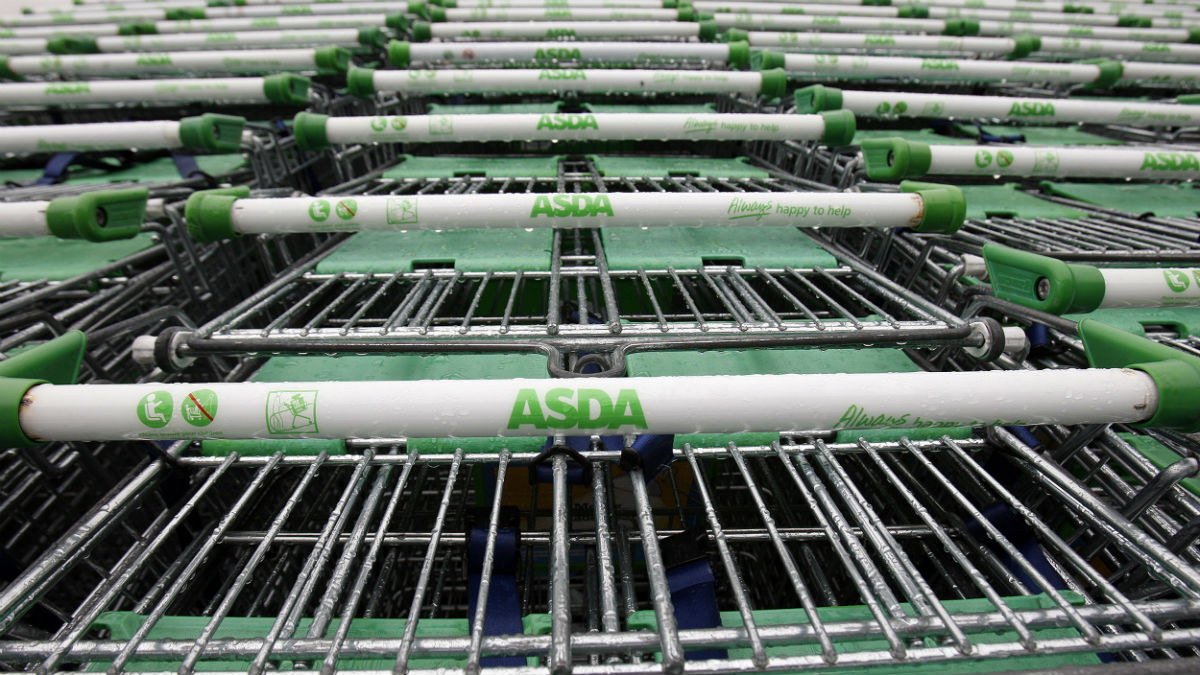
A free daily email with the biggest news stories of the day – and the best features from TheWeek.com
You are now subscribed
Your newsletter sign-up was successful
Asda has been publicly criticised this week for its misleading special offers. After receiving a dressing down from the Competition and Markets Authority (CMA), the supermarket giant will now have to change the way it promotes deals and stop a number of its multi-buy offers.
The CMA is cracking down on multi-buy deals following a super-complaint from the consumer group Which? about confusing pricing at the supermarkets. Back in February, Sainsbury, Tesco and Morrisons announced plans to phase out controversial deals such as BOGOF (buy one get on free) after Which? revealed that they often represent poor value for the consumer.
At the time Asda said it was going to focus on lower everyday prices and reduce its multi-buy offers but the CMA has revealed that Asda is the only supermarket it had to force to comply with the new standards.
The Week
Escape your echo chamber. Get the facts behind the news, plus analysis from multiple perspectives.

Sign up for The Week's Free Newsletters
From our morning news briefing to a weekly Good News Newsletter, get the best of The Week delivered directly to your inbox.
From our morning news briefing to a weekly Good News Newsletter, get the best of The Week delivered directly to your inbox.
"Supermarkets which are not willing to abide by the rules should be publicly shamed as they are using confusing pricing for their own commercial gain," James Daley, director of the consumer body Fairer Finance, told the Daily Telegraph.
"Once customers know supermarkets and trust that they offer good value it is easy to tempt them to spend more with misleading deals. Companies deliberately do this to confuse and deceive customers. The CMA must send out the message that no matter how big they are they are not above the law and the rules."
The end of BOGOF
The CMA has drawn up new guidelines that will mean the end of many of the deals we are used to seeing when we do our food shopping.
A free daily email with the biggest news stories of the day – and the best features from TheWeek.com
Firstly, supermarkets cannot advertise 'Now' prices for longer than the 'was' price was applied, so that there is a meaningful comparison for customers. This means the end of a product being sold at an inflated price for a few days so that the supermarket can make it look like they are offering you a bargain when they cut the price.
Secondly, multi-buy offers must represent better value than a single product before the offer. A multi-buy offer can't be immediately followed by a 'was/now' promotion so that shoppers will find it easier to tell what is a good offer.
All the other major supermarkets had voluntarily complied with the rules but Asda had to be forced. The supermarket giant has now made a written commitment to change its deals.
"The CMA's examination of the market following the super-complaint, found that supermarkets generally take compliance seriously, but there were some promotional practices that could mislead shoppers," Michael Grenfell, executive director of enforcement at the CMA told the Daily Mail.
"We welcome the commitment we have received from Asda as well as the engagement from other supermarkets, and expect them all to ensure that their practices are not misleading and that shoppers are better informed and able to choose the products that most suit their needs."
In the future it is hoped that customers will find it easier to identify good value deals thanks to more straightforward offers. But, multi-buy offers and dodgy was/now deals don't yet breach consumer law.
Trading Standards is now looking into revising its Pricing Practices Guide and the Department for Business, Innovation and Skills is set to consult on reviewing legislation.
"Our super-complaint and actions taken by the authorities should serve as a clear warning to all retailers," says Richard Lloyd of Which? "If they try to pull the wool over consumers' eyes they will not get away with it. Retailers must get their house in order."
-
 The environmental cost of GLP-1s
The environmental cost of GLP-1sThe explainer Producing the drugs is a dirty process
-
 Greenland’s capital becomes ground zero for the country’s diplomatic straits
Greenland’s capital becomes ground zero for the country’s diplomatic straitsIN THE SPOTLIGHT A flurry of new consular activity in Nuuk shows how important Greenland has become to Europeans’ anxiety about American imperialism
-
 ‘This is something that happens all too often’
‘This is something that happens all too often’Instant Opinion Opinion, comment and editorials of the day
-
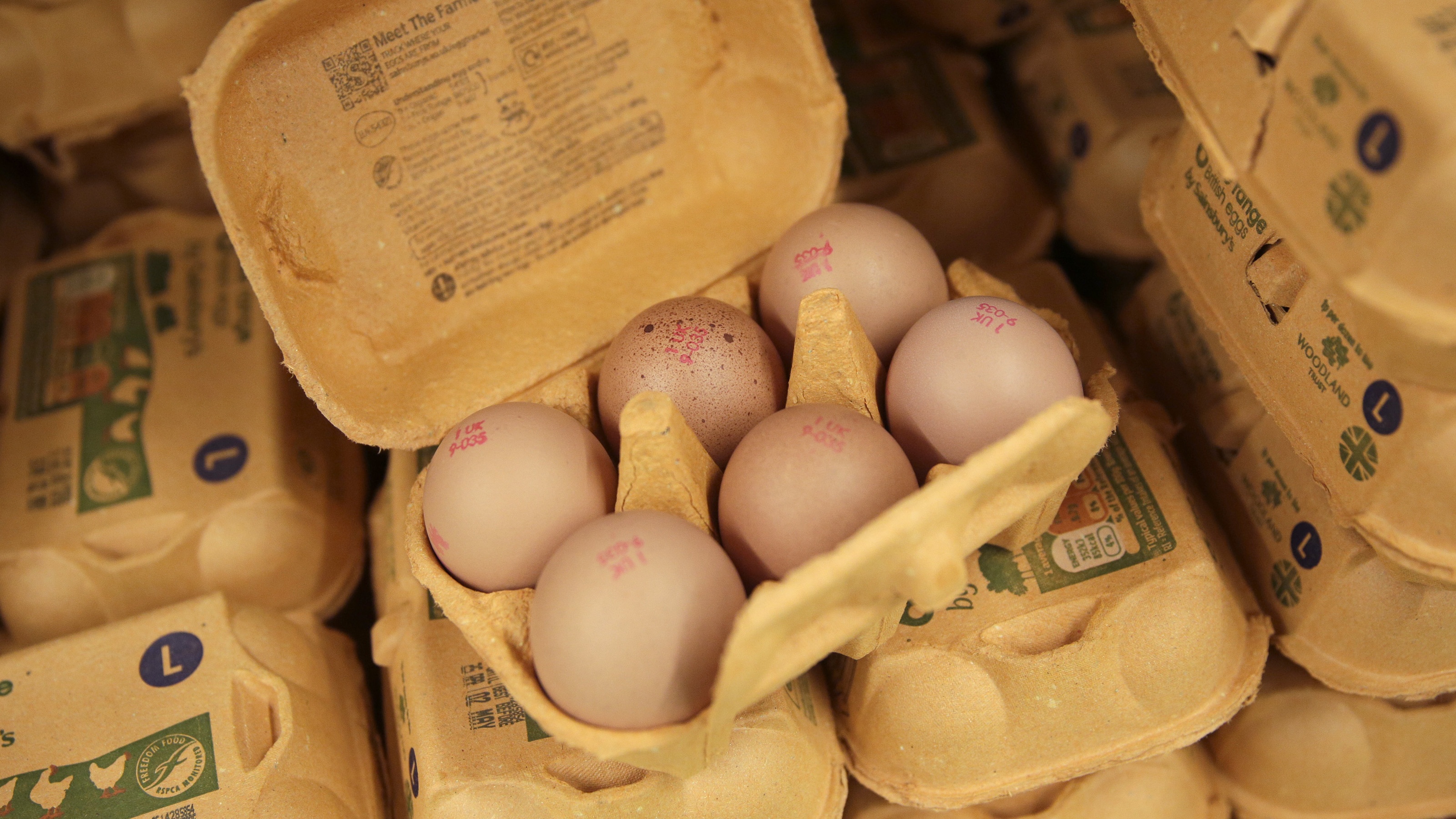 The UK’s Christmas egg shortage
The UK’s Christmas egg shortagefeature Supermarkets blame bird flu but farmers say unfair buying practices are driving them out of business
-
 Coronavirus: supermarkets start rationing to combat panic buying
Coronavirus: supermarkets start rationing to combat panic buyingSpeed Read Stockpiling has led to empty shelves at some UK supermarkets - but shortages may be short-lived
-
 Sales of Christmas puddings down on 2018
Sales of Christmas puddings down on 2018Speed Read Supermarket data shows slump in demand for festive food
-
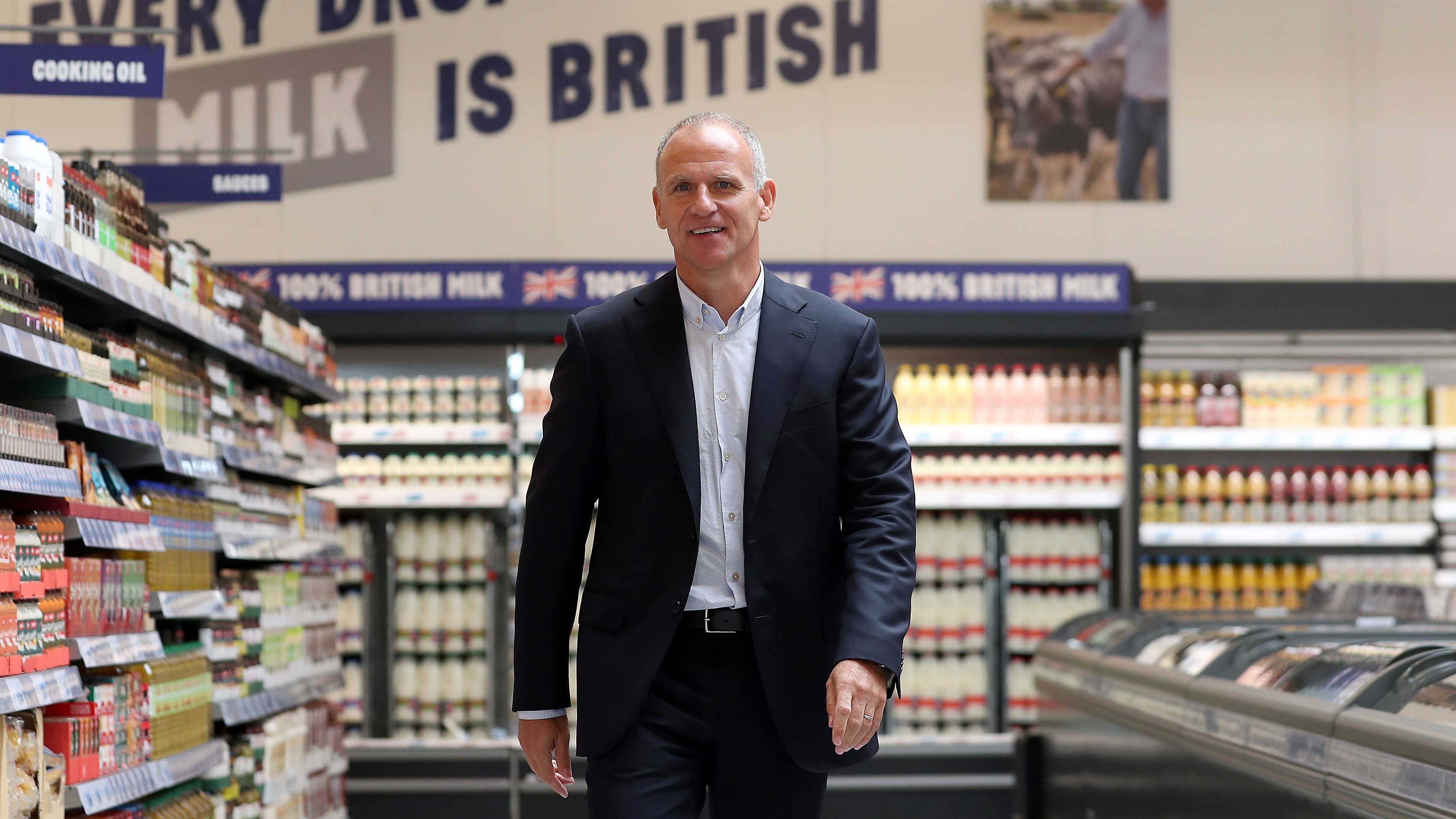 Why Tesco’s Dave Lewis is stepping down
Why Tesco’s Dave Lewis is stepping downSpeed Read The boss who turned Tesco’s fortunes around will leave CEO role in 2020
-
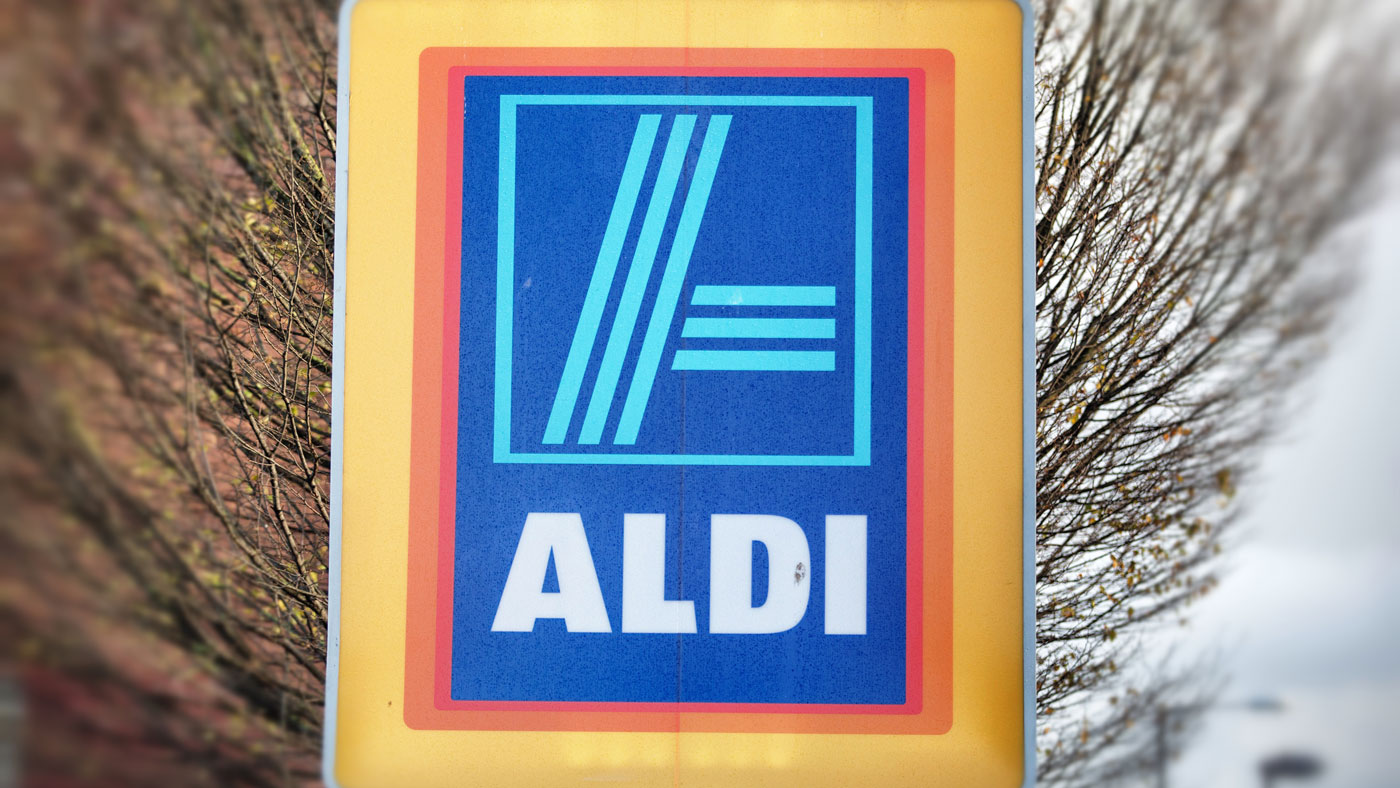 Why are profits collapsing at Aldi?
Why are profits collapsing at Aldi?Speed Read German discounter announces aggressive expansion despite sinking profits
-
 Why are supermarket sales flat?
Why are supermarket sales flat?Speed Read Brexit, fears of recession and price rises blamed for weak data
-
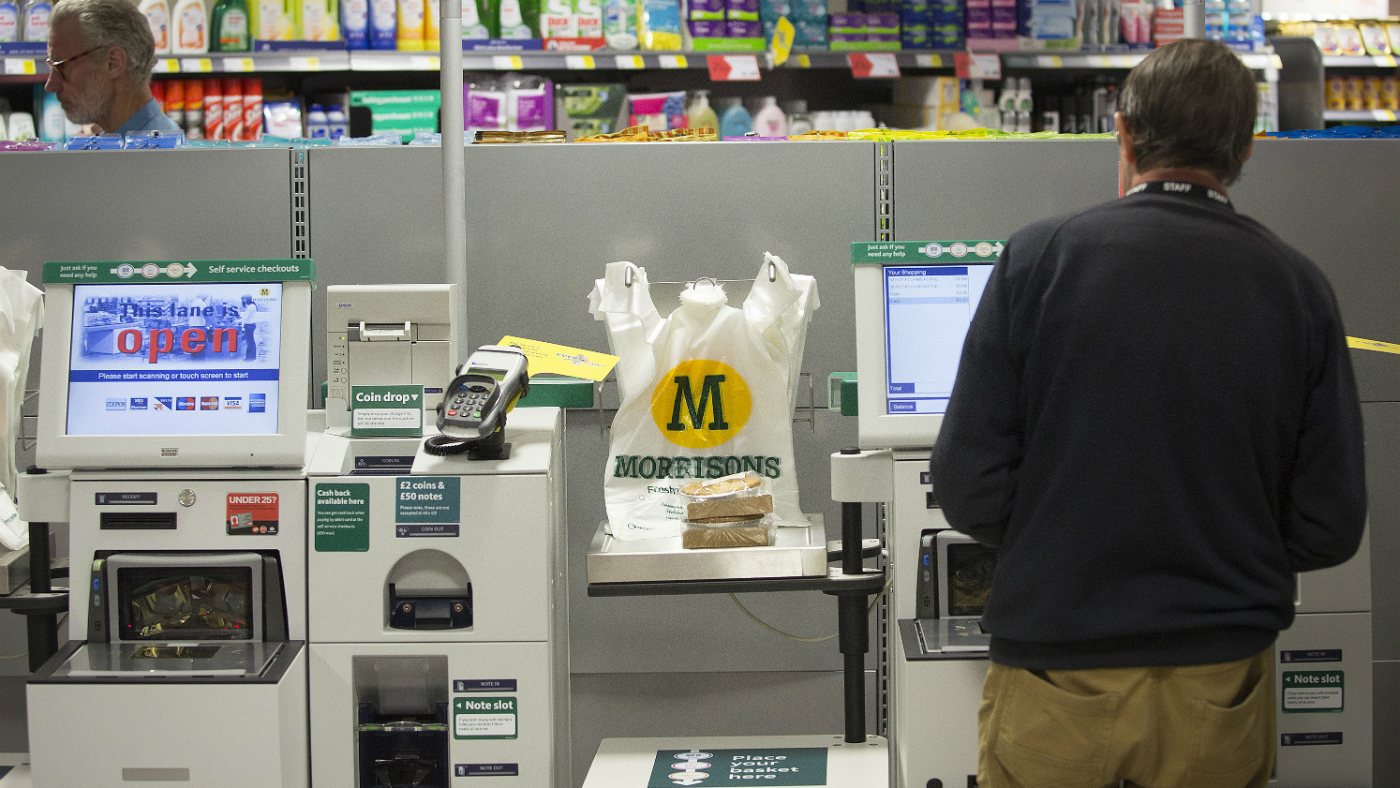 Will shoppers be charged for using self-service machines?
Will shoppers be charged for using self-service machines?In Depth MPs say 1p fee for using self-scan tills could raise £30m a year to ‘heal social divisions’
-
 Tesco launches plastic-free trial for fruit and veg
Tesco launches plastic-free trial for fruit and vegSpeed Read The month-long trial will see loose apples and avocados appearing in Extra stores in Watford and Swindon